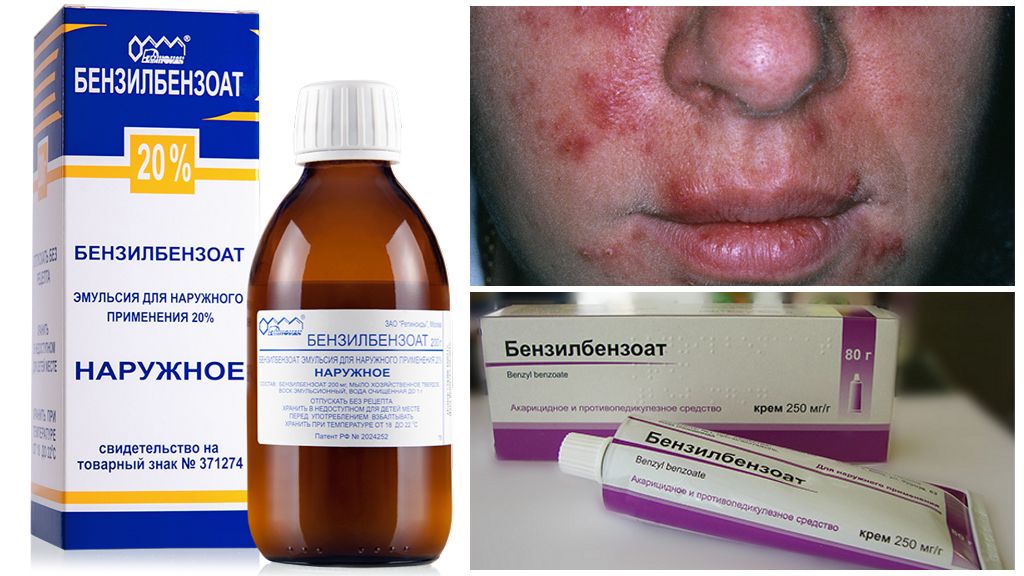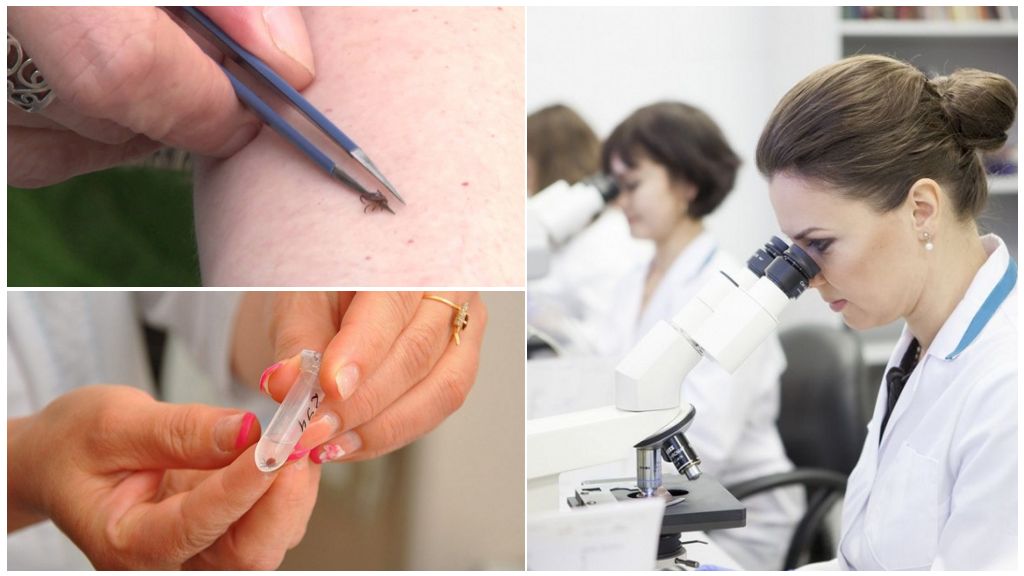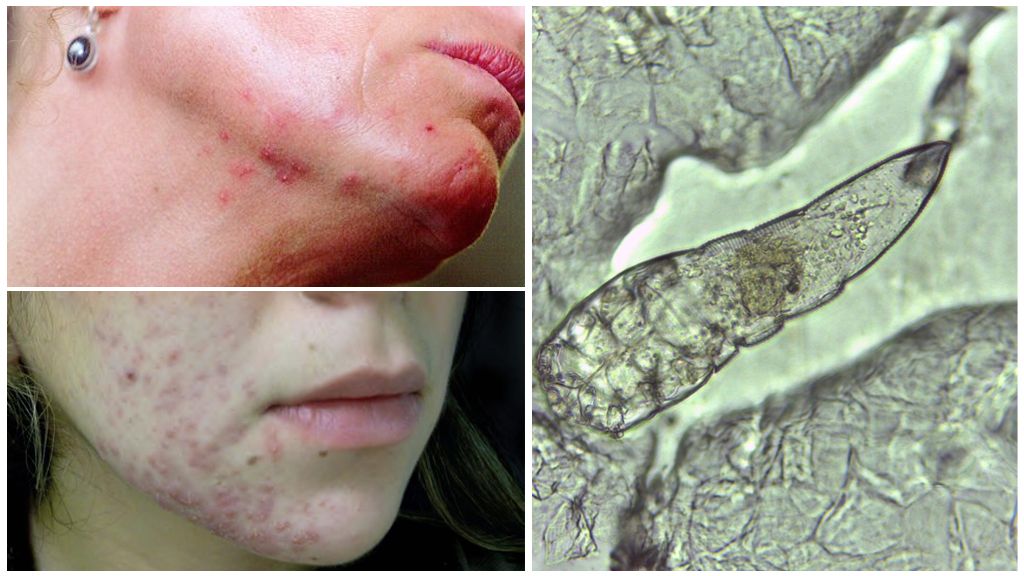- Tularemia
- Tularemia vaccination
- Side effects of tularemia vaccination
The vaccination against tularemia is included in the calendar of mandatory vaccinations for epidemic indications. In regions where the disease manifests itself actively, vaccinations are given routinely to adults and children. Vaccination is carried out to a certain contingent of people who live, are temporarily or are planning a trip to dangerous areas.
Tularemia - what is it
Zooanthroponous infection with natural foci. The name comes from Tulare County in California, where the disease was first discovered, as well as the prefixes of other Greek. αἷμα, which means "blood."
The causative agent is the small bacterium Francisella tularensis. Dies within 10 minutes at a temperature of +60 degrees Celsius, instantly - when boiled. The carriers of sticks in nature are rabbits, hares, field voles, water rats, and other rodents.
Spread the infection blood sucking insects: mosquitoes, ticks, horseflies with a bite. Other ways of infection - an infected person, food, water. As well as by aspiration during the processing of crops, feed products.
The incubation period of tularemia is 1-2 weeks, but can last up to 21 days. Depends on the strength of the immune system. Characteristic symptoms of the disease:
- fever;
- damage to the lymph nodes;
- intoxication with all manifestations - nausea, vomiting, diarrhea, weakness, headache;
- conjunctivitis;
- damage to the mucous membrane of the mouth, nose.
On a note!
It begins acutely with a sudden increase in body temperature, muscle weakness. Reminds flu symptoms.
Natural foci of the disease are available in Europe, Asia, America. In Russia, tularemia at different times was found in all areas, regions. 75% of cases occur in the Central, Northern, West Siberian region. The outbreak of tularemia is associated with an increase in the number of mice and rats.
The disease responds well to treatment with timely contact for help from specialists. Acute manifestations disappear after 12 days, a full recovery occurs in a month. Mortality cases are rarely recorded - in the presence of complications, a severe course of the disease. Prevention is vaccination, control of the situation among wild animals, deratization, pest control.
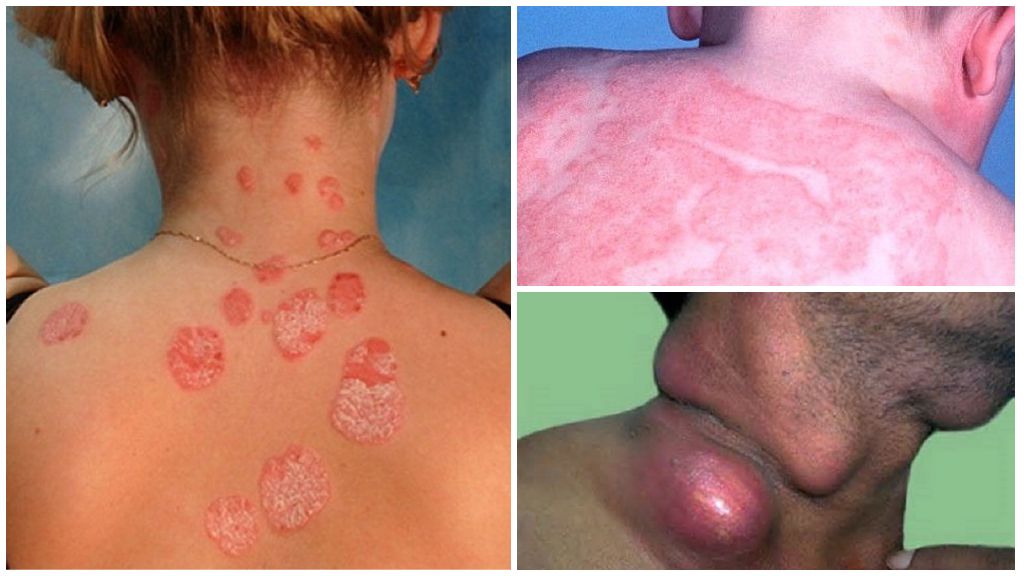
Tularemia vaccination
Indications - planned, emergency prevention of the disease in the foci of infection. Although every person has a risk of infection, a vaccine against tularemia is given to a certain contingent of people who are in a disadvantaged zone, who may encounter a source of infection in everyday life, nature, by occupation. The category of people subject to mandatory vaccination is determined by the sanitary and epidemiological surveillance.
Need to be vaccinated:
- specialists working with cells of the pathogen of infection;
- people involved in the disinfection of the region;
- physicians who have frequent contact with sick patients;
- to the local population, guests, specialists who are in the region for work - builders, lumberjacks, geologists, loggers, agricultural workers;
- people planning a vacation in epidemiologically dangerous places.
The vaccine is urgently given to people who have arrived in disadvantaged areas, as well as who have been there, not knowing about the danger.
On a note!
Since the disease is not widespread, the question often arises among the population - what is the vaccine against tularemia from. The vaccine protects against pathologies in the lymphatic system, pneumonia, pneumonia, heart bag, meningitis, arthritis, and other complications. The vaccine is mandatory or not, determines the sanitary-epidemiological surveillance after analyzing the situation in a certain region, but no one vaccines by force. Adults need to make their own decisions.

Contraindications
The vaccine is not carried out in a number of cases:
- pregnancy;
- lactation;
- individual intolerance to the components;
- oncology;
- any forms of immunodeficiency;
- tuberculosis;
- HIV infection;
- bronchial asthma during exacerbation;
- allergic skin rashes;
- fever.
On a note!
The vaccine against tularemia is given to children after the age of 7 years. In hazardous areas is mandatory.
Side effects of tularemia vaccination
In most cases, vaccination passes without complications, but some discomfort is felt.
- On the fifth day, a local reaction to the vaccine appears in the form of redness, swelling, suppuration. The injection site hurts, and after a while it starts to itch.
- Not far from the injection site, lymph nodes sometimes enlarge, densification is felt.
- Within 1-3 days after the vaccine, a deterioration in well-being is observed - a slight increase in temperature, headache, weakness. It is allowed to use antipyretic drugs.
- In a small part of the vaccinated, a local allergic reaction is observed in the form of skin rashes, itching. To improve the condition, systemic antihistamines are prescribed, smearing the vaccine is prohibited. People with an increased tendency to allergies are recommended to start taking antihistamines 3 days before vaccination, the same amount after it.
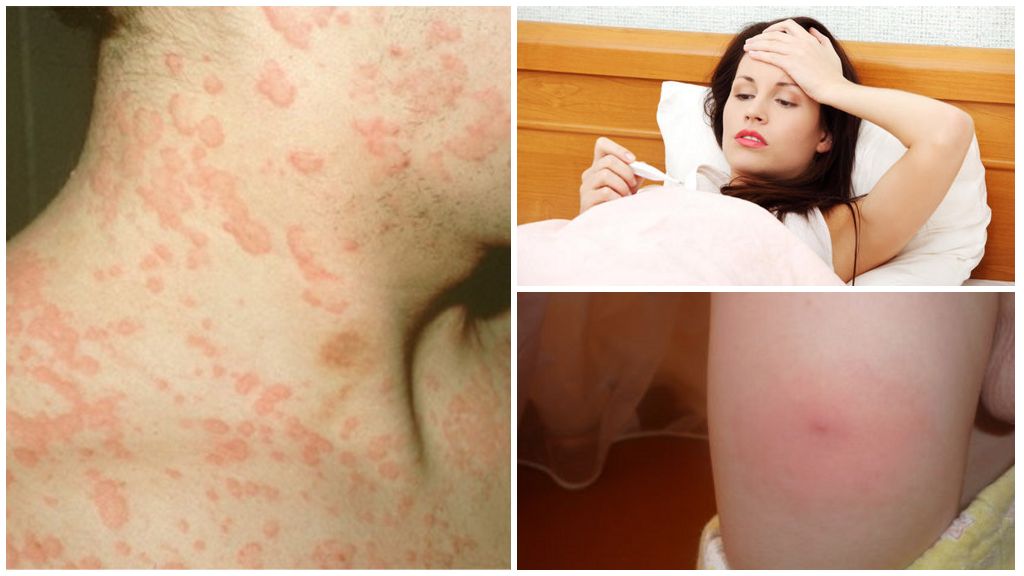
The condition normalizes within a week, the skin is gradually restored. There are no serious complications after vaccination against tularemia with its correct conduct.
Instruction manual
The vaccine is administered for emergency prevention, planned by local residents living in the infected area. The scheme is simple - 1 vaccination without subsequent revaccination. After 7 and 14 days, the immune system is monitored - a skin test is performed or the blood is examined for the presence of antibodies to tularemia. In case of a negative result, the drug is administered again. An injection is made into the shoulder with a special tularemia live vaccine. Immunity protection lasts an average of 5 years.
Vaccination Reviews
Tularemia from rodents is dangerous in the warm season, when the infection is actively spread by mosquitoes, ticks, horseflies. With the onset of cold weather, the risk of infection decreases.
Last year, the child brought home a leaflet for consent to vaccination against tularemia. She did not know anything about this ailment. I began to rummage on the Internet. Found that you can get infected from rats, mice. We don’t have such people, we live in an apartment, our son does not touch domestic animals. They scared us, but wrote a refusal.
Irina, Moscow
They were vaccinated routinely at school; there were no strong side effects. Redness on the skin, swelling. On the first day, she immediately gave an antihistamine, the temperature did not rise. They got off easily, but now the soul is calm.
Albina, Volgograd
A vaccine is given to children only after the consent of the parents; adults themselves have the right to decide whether they need it or not. It is worth vaccinating if doctors insistently recommend that there are cases of infection in the region.



